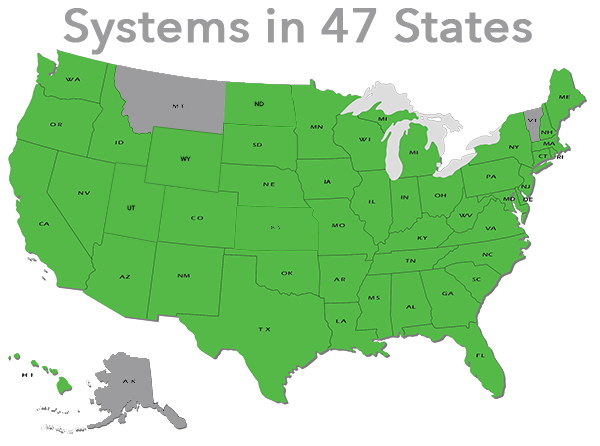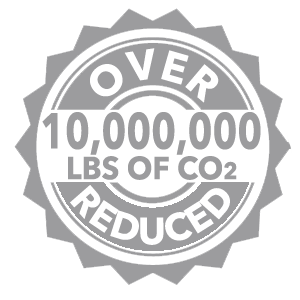Time to Panic
Buying an electric car is a drop in the bucket compared with raising fuel-efficiency standards sharply. Conscientiously flying less is a lot easier if there’s more high-speed rail around. And if I eat fewer hamburgers a year, so what? But if cattle farmers were required to feed their cattle seaweed, which might reduce methane emissions by nearly 60 percent according to one study, that would make an enormous difference.
That is what is meant when politics is called a “moral multiplier.” It is also an exit from the personal, emotional burden of climate change and from what can feel like hypocrisy about living in the world as it is and simultaneously worrying about its future. We don’t ask people who pay taxes to support a social safety net to also demonstrate that commitment through philanthropic action, and similarly we shouldn’t ask anyone — and certainly not everyone — to manage his or her own carbon footprint before we even really try to enact laws and policies that would reduce all of our emissions.
That is the purpose of politics: that we can be and do better together than we might manage as individuals.
And politics, suddenly, is on fire with climate change. Last fall, in Britain, an activist group with the alarmist name Extinction Rebellion was formed and immediately grew so large it was able to paralyze parts of London in its first major protest. Its leading demand: “Tell the truth.” That imperative is echoed, stateside, by Genevieve Guenther’s organization End Climate Silence, and the climate-change panel’s calls to direct the planet’s resources toward action against warming has been taken up at the grass roots, inspiringly, by Margaret Klein Salamon’s Climate Mobilization project.
Of course, environmental activism isn’t new, and these are just the groups that have arisen over the past few years, pushed into action by climate panic. But that alarm is cascading upward, too. In Congress, Representative Alexandria Ocasio-Cortez of New York has rallied liberal Democrats around a Green New Deal — a call to reorganize the American economy around clean energy and renewable prosperity. Washington State’s governor, Jay Inslee, has more or less declared himself a single-issue presidential candidate.
And while not a single direct question about climate change was asked of either Hillary Clinton or Donald Trump during the 2016 presidential debates, the issue is sure to dominate the Democratic primary in 2020, alongside “Medicare for all” and free college. Michael Bloomberg, poised to spend at least $500 million on the campaign, has said he’ll insist that any candidate the party puts forward has a concrete plan for the climate.
This is what the beginning of a solution looks like — though only a very beginning, and only a partial solution. We have probably squandered the opportunity to avert two degrees of warming, but we can avert three degrees and certainly all the terrifying suffering that lies beyond that threshold.
























